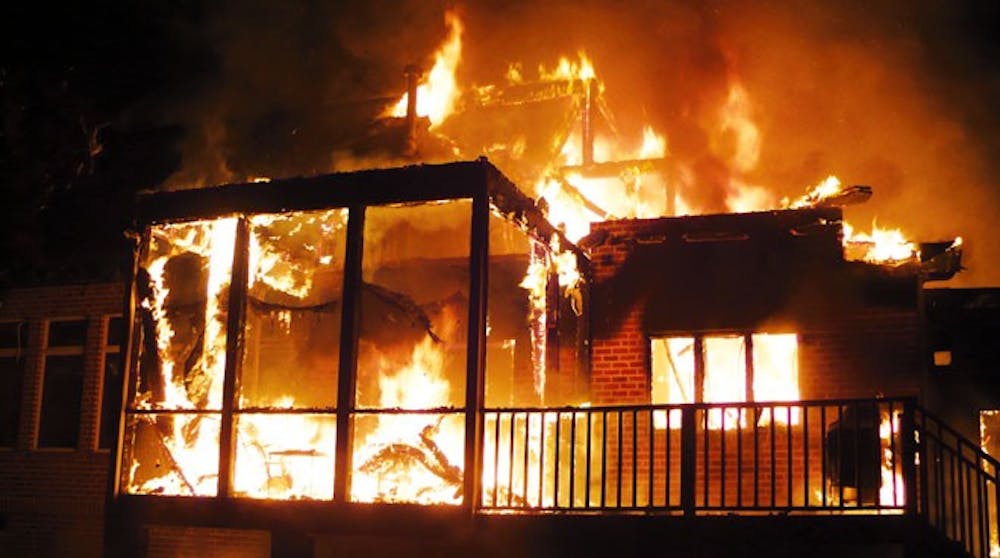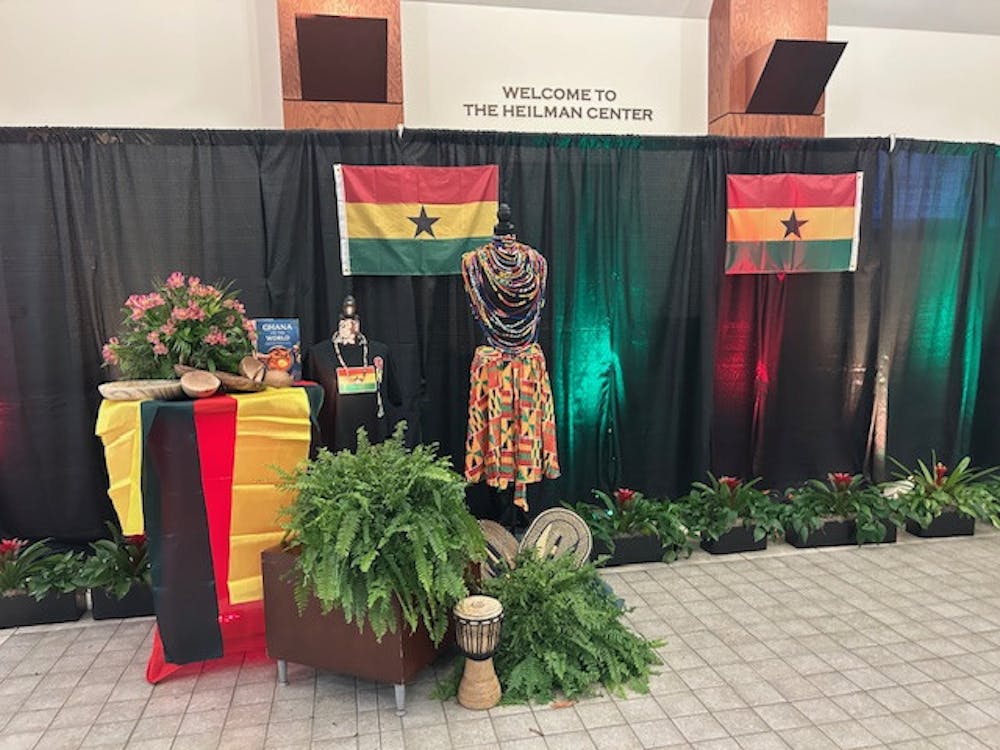The University of Richmond Emergency Medical Services (UREMS) is a student-run volunteer program composed of 55-60 undergraduate students that responds to all medical emergencies on campus, regardless of what they are, said sophomore Matt Palmisano, the vice president of operations and one of the two supervisors in the group.
"Most people think that we only get called for alcohol-related issues, but that is actually not true," Palmisano said. "Only about one third is alcohol-related, and the rest could be general illnesses, diabetic issues, someone passing out in class or a broken nose or dislocation at the IM fields. We have basically seen it all."
He said that they average one to two calls per day, but there are more on the weekends than during the week. Even with so few calls, Palmisano said there was always someone on duty, 24 hours a day, 7 days a week, which meant they were definitely going to get called out of class at one point or another.
Palmisano said that he had been dispatched and paged during class at least three or four times and had been woken up at 4:36 a.m. to respond to a call. UREMS president, sophomore Richard Jamesley said he had been called out of class more times than he could count.
Even though he is the president, Jamesley said he did not make any decisions without everybody's input.
"I make a point of involving the whole board in everything we do," he said. "Everything is a team effort. I truly do appreciate all the help they give me."
Jamesley said that, as a freshman, he had been a business major, but had quickly changed his mind when he took an EMT course in New York and had immediately fallen in love with it.
He confessed that taking pre-med classes was a lot harder than he had expected, but Jamesley said he was sure it would all work out in the end.
UREMS, along with the University of Richmond Police Department and the Richmond Ambulance Authority, is looking toward securing a vehicle to respond to emergencies faster. As of now, though, Jamesley said volunteers could either use their own car or get to the scene by foot. He said that his coworkers called him the track star, as he was always the one who was running to the scene.
"There is a bit of conditioning involved in the job," he said.
Palmisano said, to be state certified, you had to go through 120 hours of training in an EMT class that is offered every September to December, but that the learning process continued long after the class was completed.
"There are ongoing studies for all members," he said. "There are monthly, if not weekly, general membership meetings that keep us on our toes, to make sure we are up to date and that we keep up with all of our skills. We do a lot."
Enjoy what you're reading?
Signup for our newsletter
Palmisano said UREMS, a subsidiary of Richmond Ambulance Authority, always responded to an on-campus emergency in conjunction with the police department, describing their relationship with the officers as a "great partnership."
"They are great mentors," he said. "They are here to help us as well as the student. We have a very good relationship with them."
Palmisano, who is studying Politics, Philosophy, Economy and Law (PPEL), said he was doing this job mostly because it was fun, but that it was also very worthwhile.
"It is definitely fulfilling when you can put someone in a bad situation in a better one," he said.
Contact staff writer Charlotte Brackett at charlotte.brackett@richmond.edu
Support independent student media
You can make a tax-deductible donation by clicking the button below, which takes you to our secure PayPal account. The page is set up to receive contributions in whatever amount you designate. We look forward to using the money we raise to further our mission of providing honest and accurate information to students, faculty, staff, alumni and others in the general public.
Donate Now



